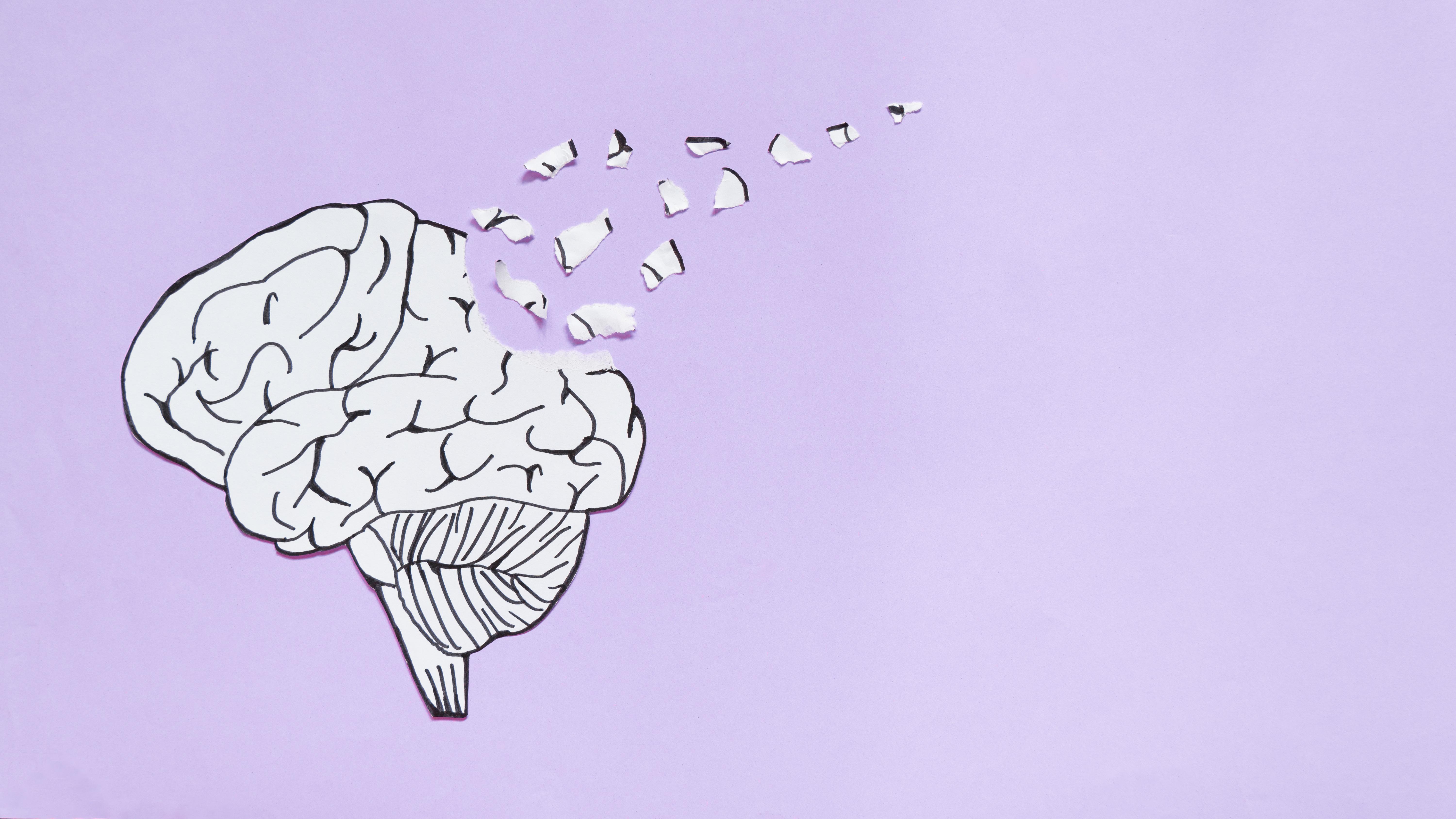
Patients with severe mental illnesses (SMI), including schizophrenia spectrum disorder, bipolar disorder, and major depressive disorder, have a greater risk of Alzheimer’s dementia before age 70 due to accelerated brain aging. A University of Maryland Grand Challenges Grant supported research study led by Associate Professor Tianzhou Ma in the School of Public Health seeks to better understand the complex causal relationship between genetics, environment, accelerated brain aging, and SMI, and ultimately prevent premature aging in patients with SMI.
In August 2024, Dr. Ma received the K01 award by NIDA of NIH based on his imaging-genetic research supported by the GC grant. Two papers examining the impact of allostatic load, genetics, as well as five major categories of exposures—including electronic device use, smoking, diet, alcohol consumption, and sun exposure—on white matter brain aging, have been accepted by American Journal of Epidemiology and Genes. Another paper looking at the association between life essential 8, APOE4 and white matter brain aging is currently under review in JAMA Neurology. This work has also been selected to present at the American Society of Human Genetics 2024 annual meeting in Denver in Nov 2024.
For more information about this Grand Challenges project, visit: https://research.umd.edu/brain-aging
This article was reposted from UMD Division of Research.